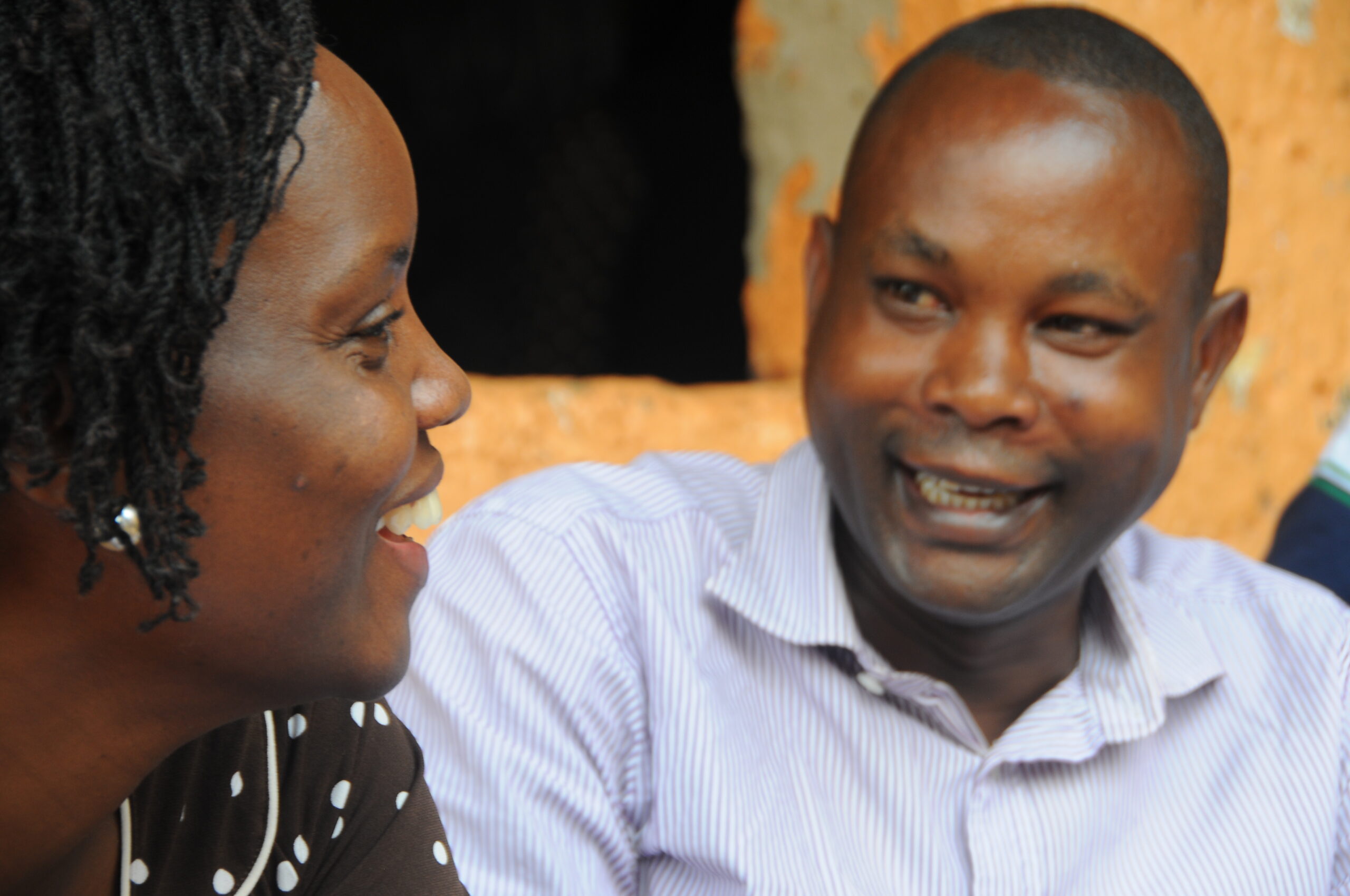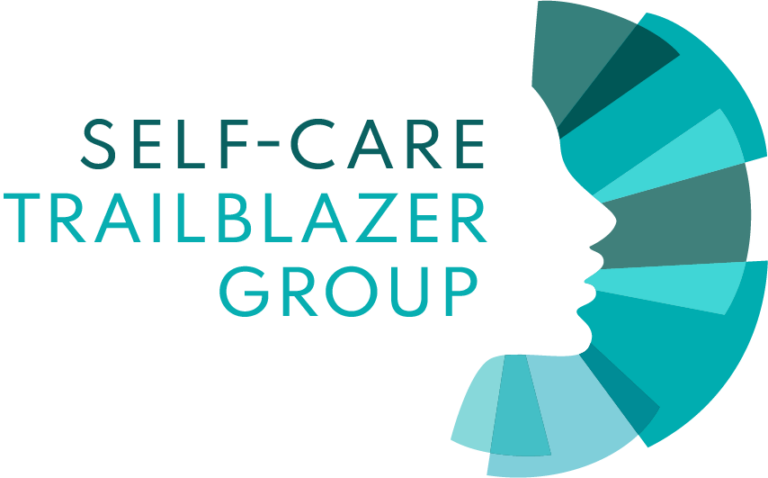EVIDENCE AND RESEARCH
EVIDENCE AND LEARNING
WORKING GROUP
Evidence and Learning
tools and frameworks
The Evidence and Learning Working Group of the SCTG has developed ‘global good’ resources to support global and country-level stakeholders to advance self-care advocacy, policy, and programming. Resources are developed under the guidance of specialized ELWG sub-working groups comprised of multidisciplinary experts.
This framework articulates how social and behavior change can support sexual and reproductive self-care initiatives and contribute to improved health outcomes. The framework is designed for use by policymakers and government representatives, donors, and self-care program implementers.
- Authors and Year Published: Self-Care Trailblazer Group/Breakthrough Action (2021)
- How to Use: The framework provides customizable, stepwise guidance on how different health practitioners can support an enabling environment for individuals to adopt self-care behaviors
- Case Study: The Delivering Innovation in Self-Care (DISC) project is deploying user and provider behavior change interventions in Nigeria, Uganda, and Malawi to sustainably scale up self-injection of DMPA-SC. Empathy training with providers focuses on trusting clients’ ability to self-inject and on patiently addressing clients’ concerns.
Linked Resources:
Costing and Financing of Self-Care: Annotated Bibliography
This framework builds on evidence from key reports and guidelines as guidance for understanding and evaluating the costs and financing of self-care interventions within the broader self-care ecosystem, noting the structures of the health system that may influence the implementation of self-care interventions.
- Authors and Year Published: Self-Care Trailblazer Group/HEARD (2023)
- How to Use: The framework can be used at a tool to support decision-making and advocacy for financing self-care delivery by policymakers, civil society involved in self-care advocacy, and researchers and implementers
Linked Resources:
Quality of Care Framework for Clients and Providers in the Delivery of Self-Care
As self-care becomes more prevalent and accessible, quality of care in all self-care interventions must be ensured. This framework supports the adaptations of systems to individuals’ engagement in their own care while ensuring quality, equity, and accountability.
Authors and Year Published: Self-Care Trailblazer Group/Population Services International (2020)
How to Use: The framework outlines standards of quality of care that can be used for monitoring and evaluation of self-care, including specific applications such as digital technologies; health workforce training; product regulation; and more.
Case Study: “We’ve been able to apply the Quality of Care Framework from the onset when Uganda initiated its journey in contextualizing the WHO Consolidated Guideline on Self-Care Interventions for Health. We were very intentional in ensuring that this was actually incorporated in our contextualized national self-care guidelines for Uganda.” – Anna Kukundakwe, Center for Health, Human Rights and Development (CEHURD)
Linked Resources:
Sexual and Reproductive Health Self-Care Measurement Tool (1st Edition)
Technical Brief: Measurement of Self-Care
This tool identifies a minimal set of priority indicators for self-care interventions through a consensus-driven process involving academics, implementers, donors, and inter-governmental bodies.
- Authors and Year Published: Self-Care Trailblazer Group (2023)
- How to Use: This tool identifies 69 standard, priority indicators across three priority self-care interventions: self-injectable contraception, HIV self-testing, and self-managed abortion.
- Case Study: “In developing Nigeria’s National M&E Framework for Self-Care […] the SRH Self-Care Measurement Tool was identified as a key resource, as it provides measurement and metric guidance that builds on evidence, tools, and frameworks that meet our needs. Adapting the tool to our country’s context also allows us to align with global standards and best practices for self-care measurement.” – Jennifer Adebambo, White Ribbon Alliance Nigeria
Linked Resources:
Digital Self-Care: A Framework for Design, Implementation and Evaluation
This framework aims to guide the effective design, implementation, and research of digital health to support self-care, taking advantage of the growth in mobile phones, smartphone apps, internet access, and artificial intelligence.
Authors and Year Published: Self-Care Trailblazer Group/HealthEnabled (2020)
How to Use: This tool provides practical guidance for designing, implementing, and researching digital health, focusing on issues such as user experience, ethical considerations, and quality assurance
Case Study: To promote postnatal behaviors that can be safely self- or family-led and managed, Jhpiego and Viamo implemented a mobile phone-based solution that uses Interactive Voice Recordings, delivering compelling, narrative messaging on key health topics to women for the first six weeks postpartum. The Mother-Baby Infoline was developed considering the Digital Self-Care Framework’s characteristics for quality digital self-care interventions.
Linked Resources:
This tool helps understand the extent to which countries are implementing, in policy and practice, the 24 recommendations outlined in the 2019 WHO Consolidated Guideline on Self-Care: Sexual and Reproductive Health and Rights.
- Authors and Year Published: Self-Care Trailblazer Group/Imperial College London Self-Care Academic Research Unit (2021)
- How to Use: This tool presents a step-by-step methodology and instruments for assessing the extent to which the WHO Self-Care Guideline have been codified and implemented in a specific country.
- Case Study: The Maverick Self-Care Project aims to better understand the policy environment, identify key evidence gaps, and provide insights for the scale-up of self-care services and products in Malawi, Mozambique, and Nepal. The project adapted the Policy Mapping Tool by updating it to the most recent WHO Self-Care Guideline and adding a market landscaping element as well as a consultative workshop process to validate insights with stakeholders.
Linked Resources:
This tool documents the findings of a systematic process to identify and prioritize evidence gaps and develop a learning agenda for sexual and reproductive health (SRH) self-care, focusing on evidence gaps pertaining to self-managed abortion, HIV self-testing and self-injectable contraception, as well as evidence gaps that are relevant across SRH interventions.
- Authors and Year Published: Self-Care Trailblazer GroupSedgh (2023)
- How to Use: This tool presents a global learning agenda for self-care, which could be used as a starting point for the development of country-specific research and learning agendas.
JOIN ELWG
Please fill out the form to indicate your interest. Participation in working groups is limited to SCTG members.
ELWG
LEADERSHIP
LATEST
Resources
Dive into these resources to learn more about our work leading up to icfp 2022
2025 State of Self-Care Report
Resource Type:
- Annual Reports, Case Studies
Language:
Costing and Financing Technical Brief
Resource Type:
- Technical Briefs and Reports
Language:
- English
Costing and Financing Conceptual Framework
Resource Type:
- Technical Briefs and Reports
Language:
- English
LATEST
Stories
Read our latest blog posts and news
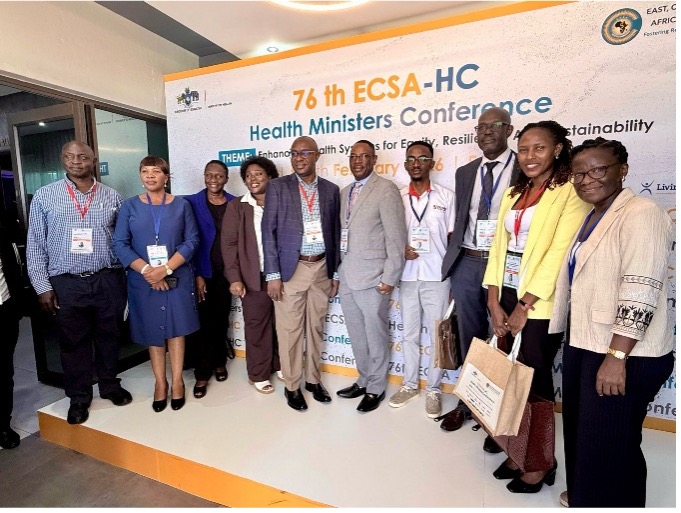
Self-Care Conversations at the 76th ECSA-HC Health Ministers Conference
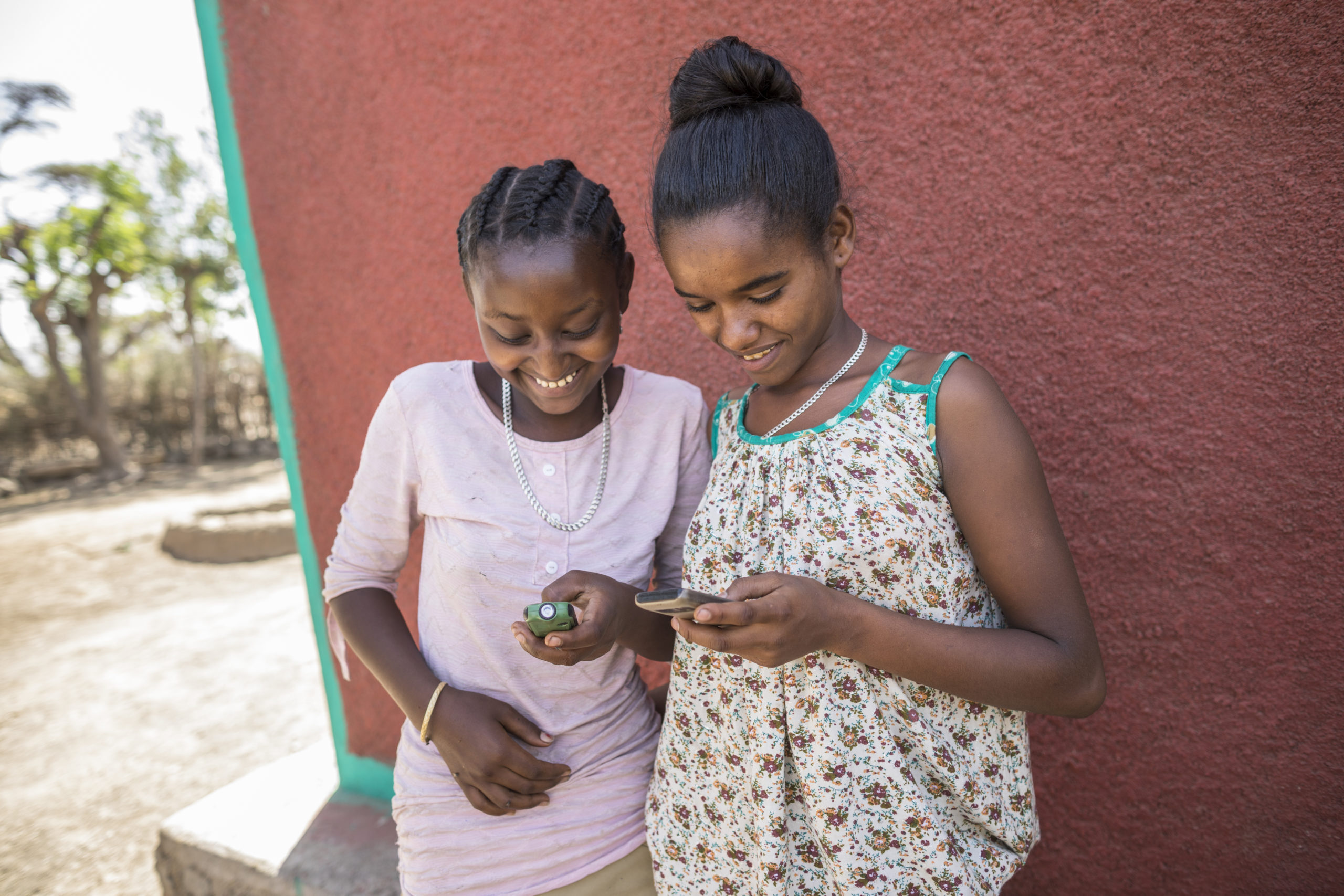
Self-Care, Gender & Youth Webinar Summary

Self-Care: A Missing Link in Tackling NCDs and Mental Health
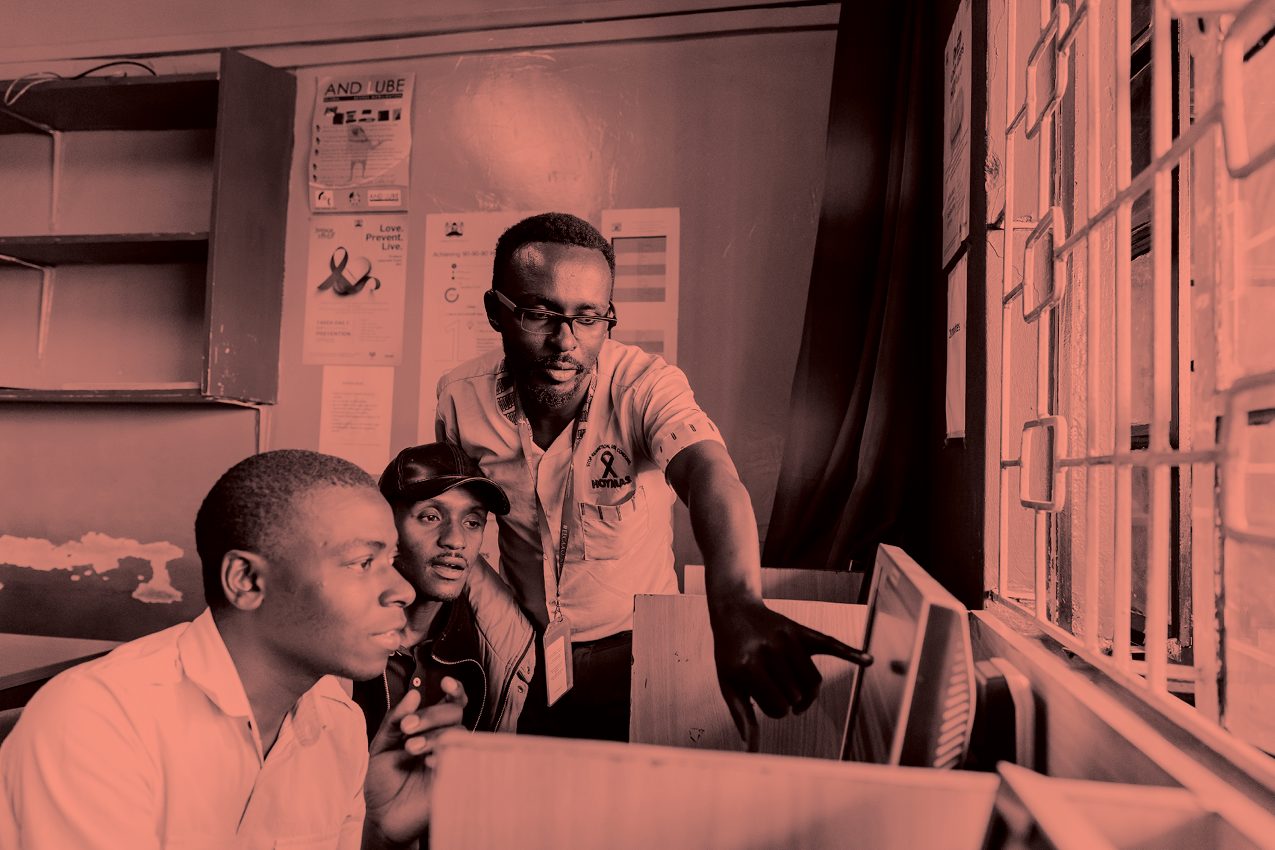
Power in Our Hands: NGO Perspectives from the 2025 SCTG Annual Member Summit
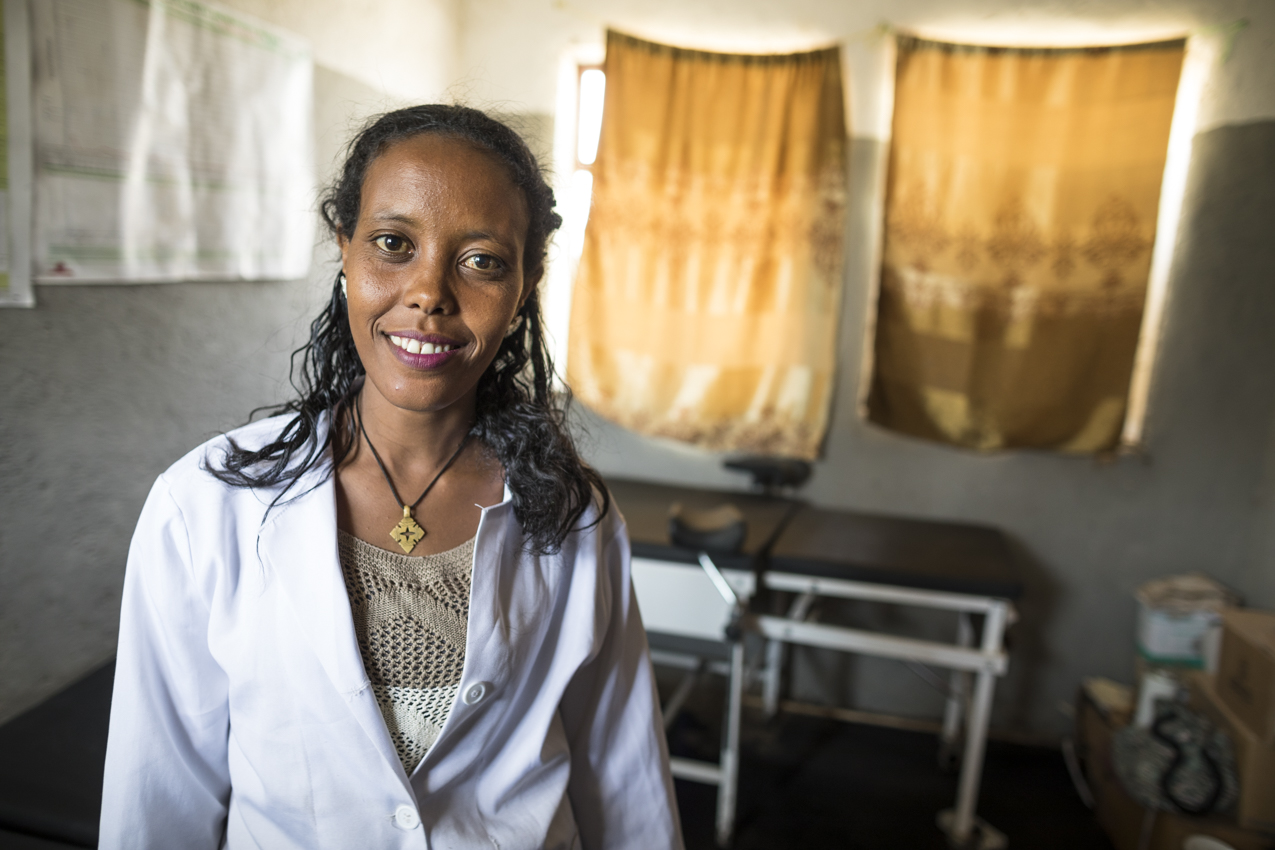
Power in Our Hands: Government Perspectives from the 2025 SCTG Annual Member Summit
